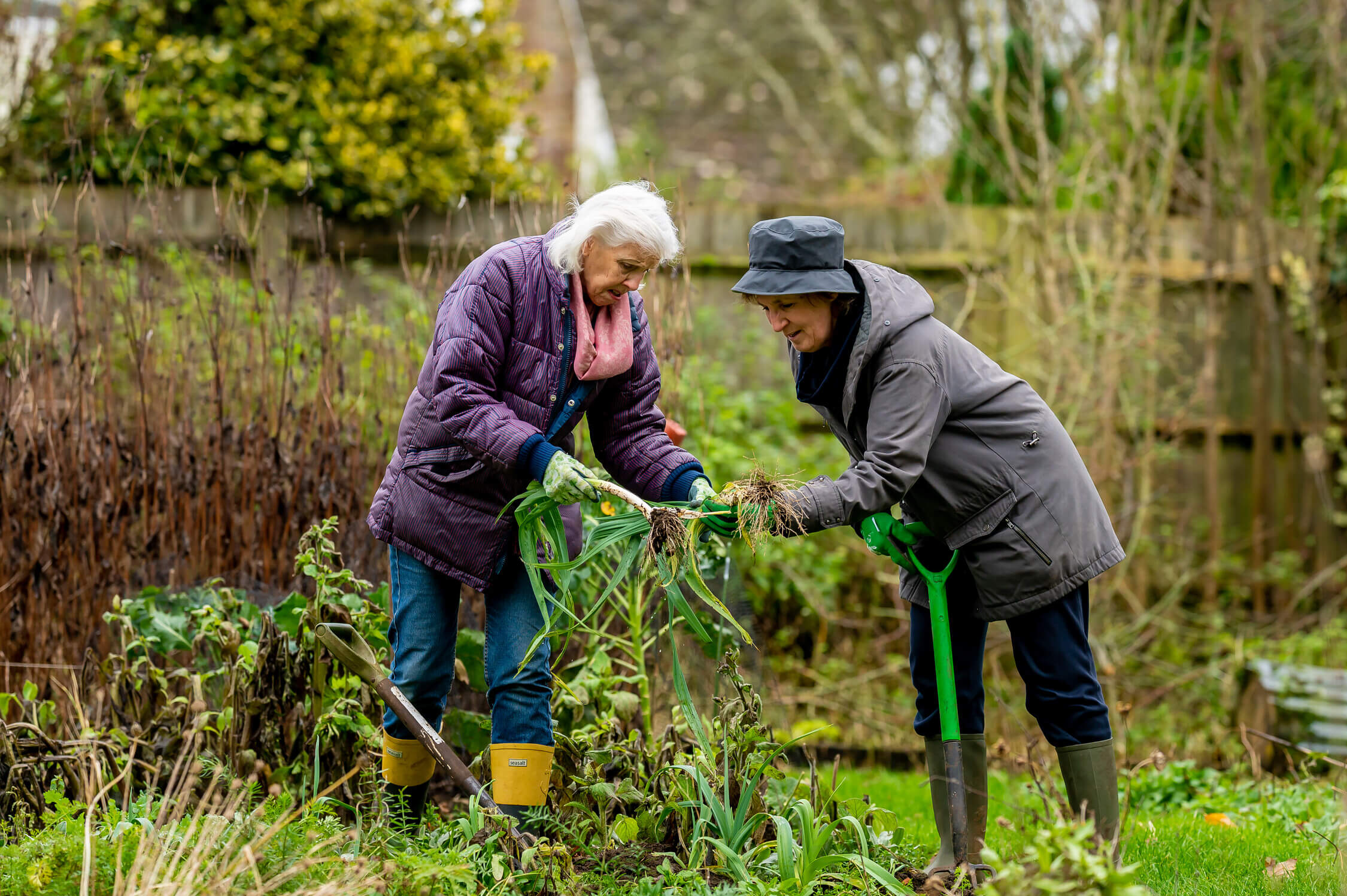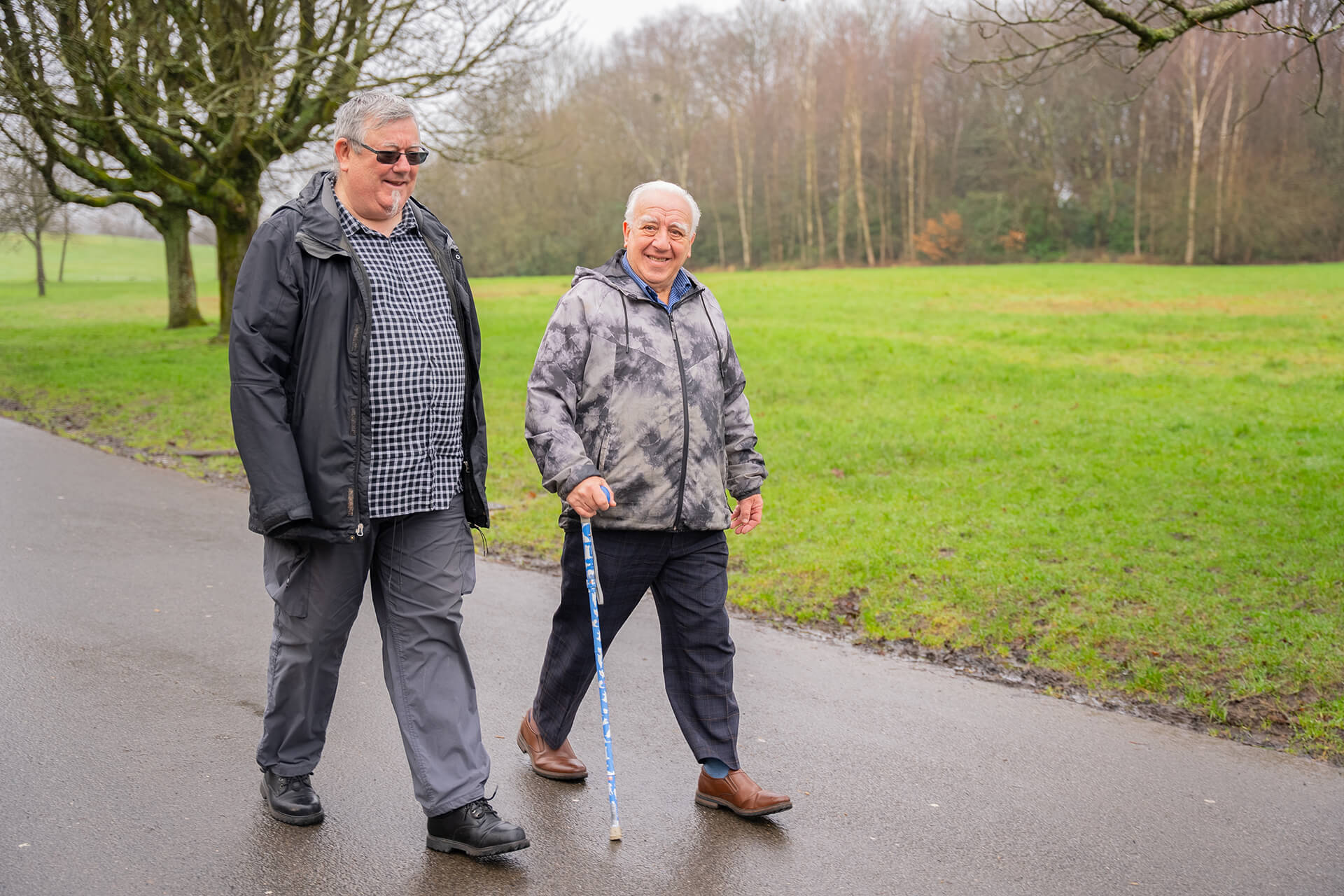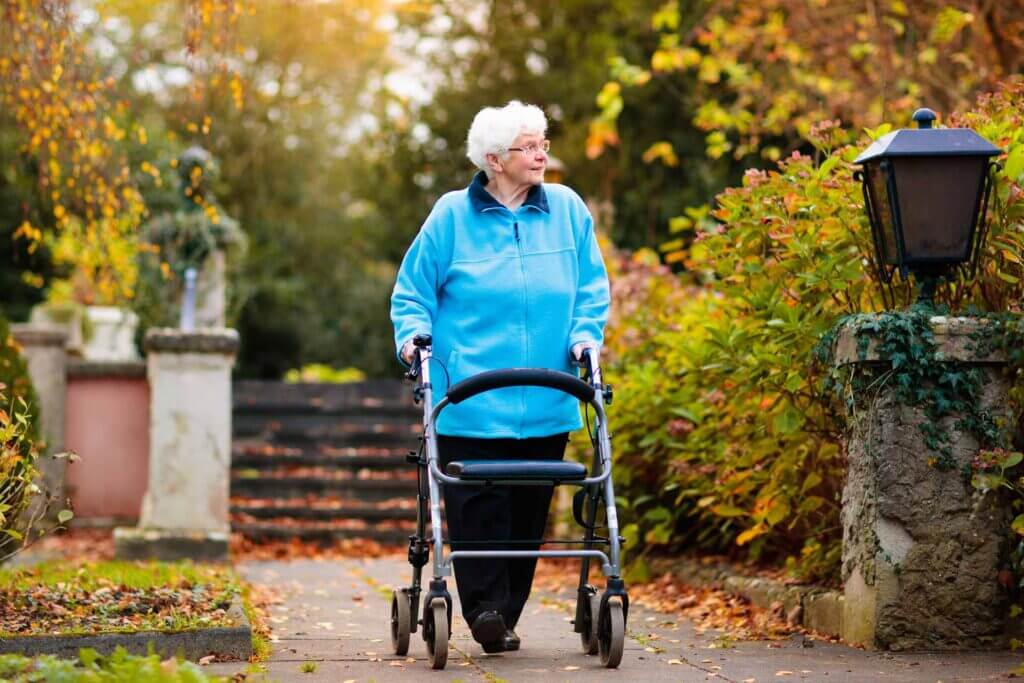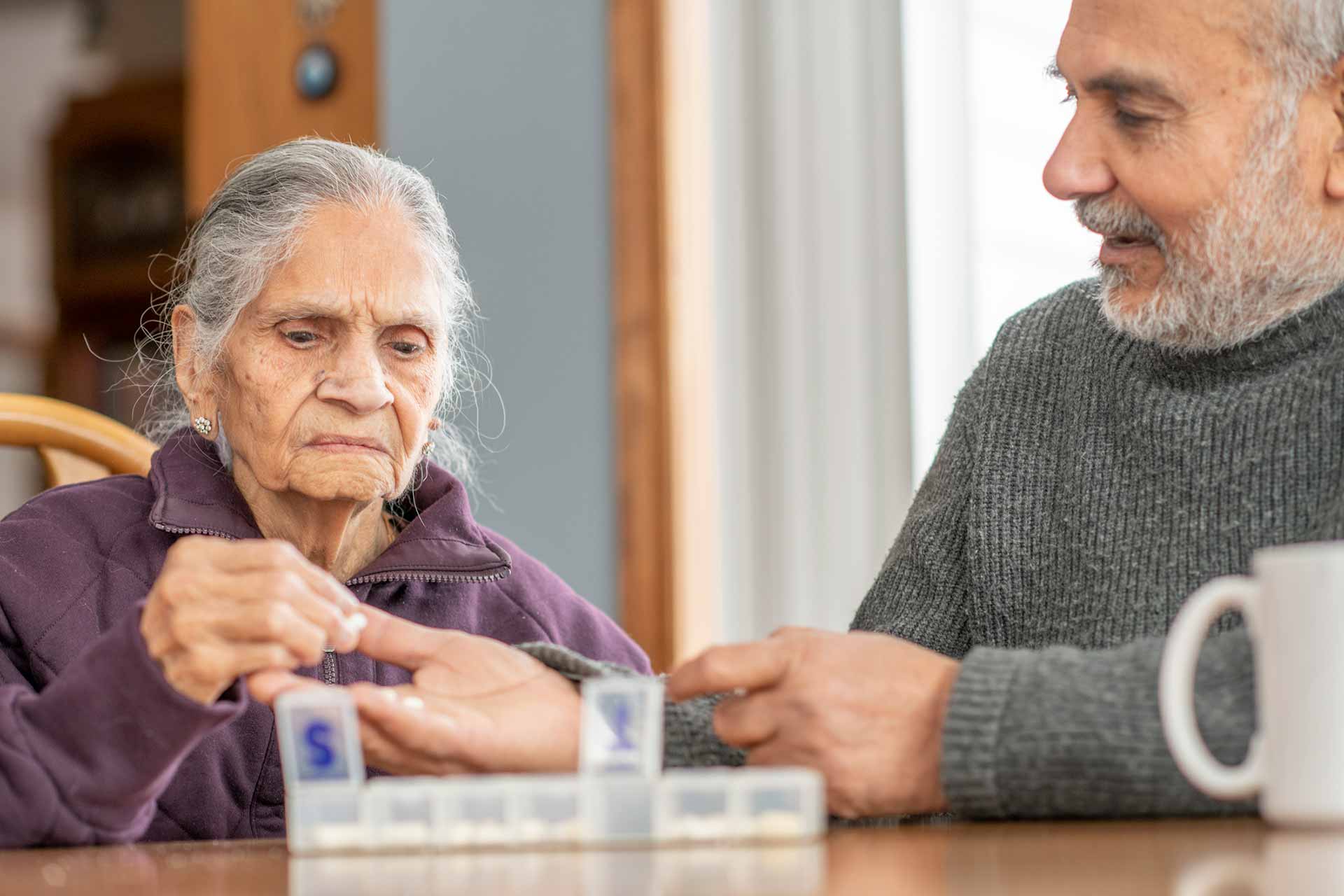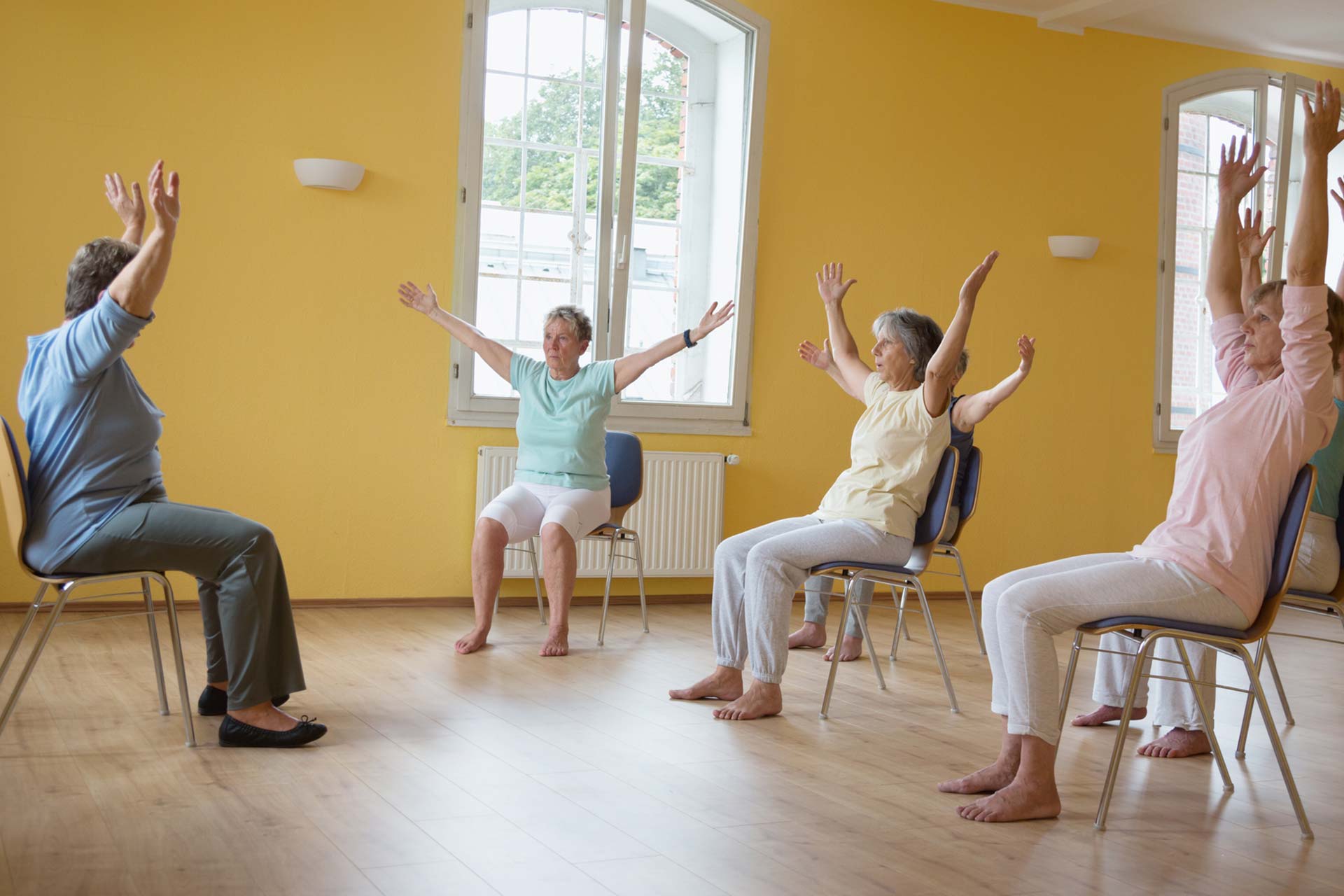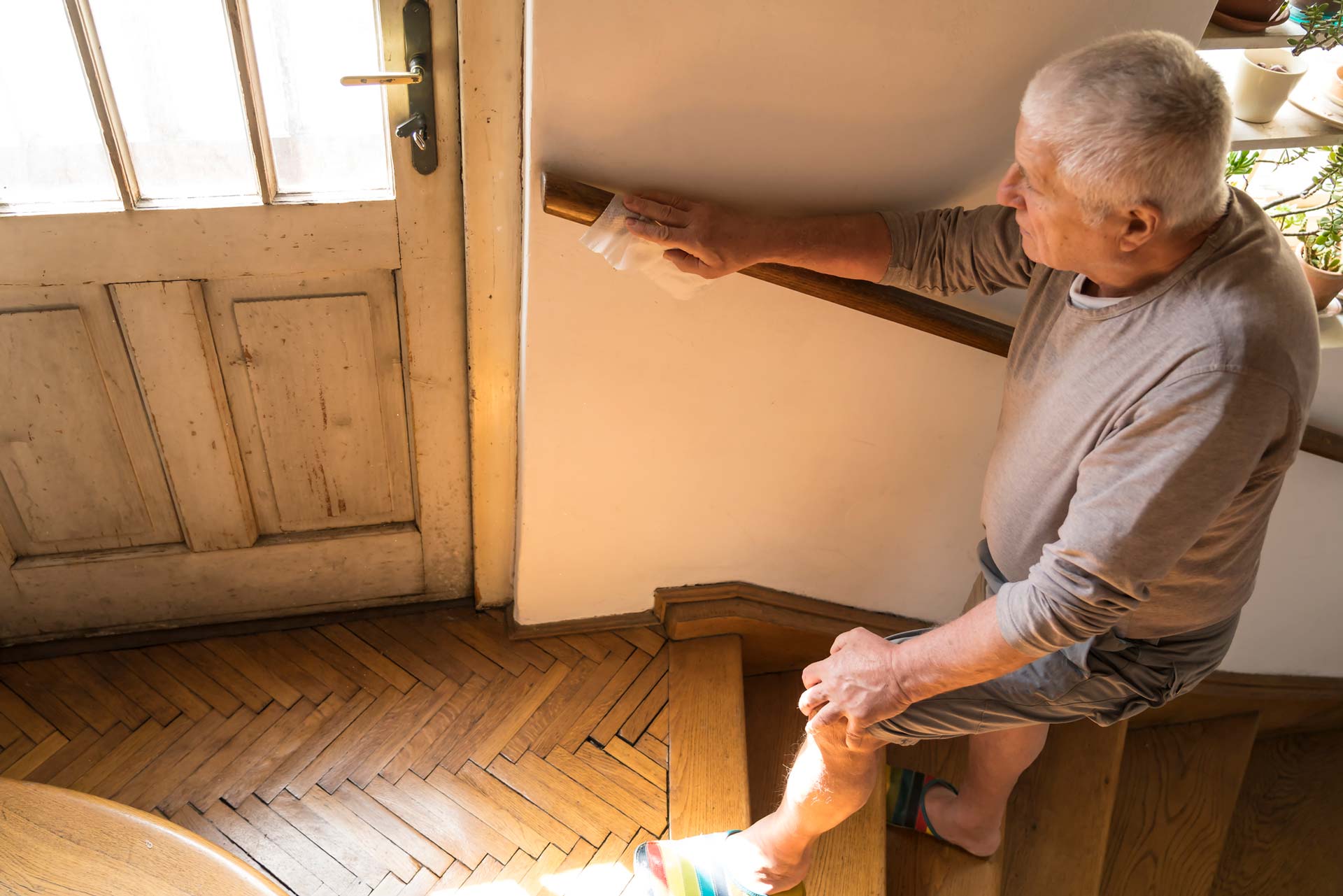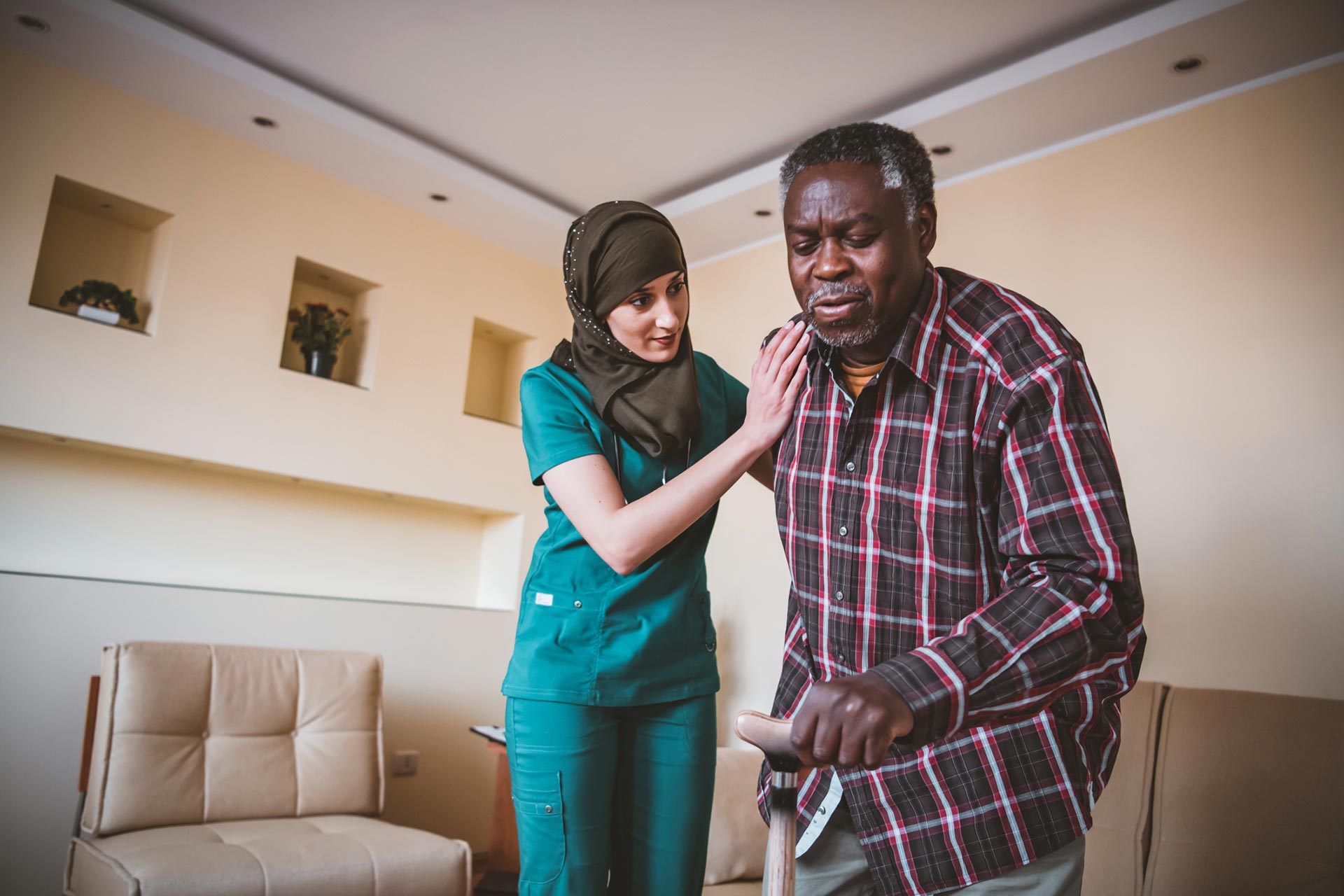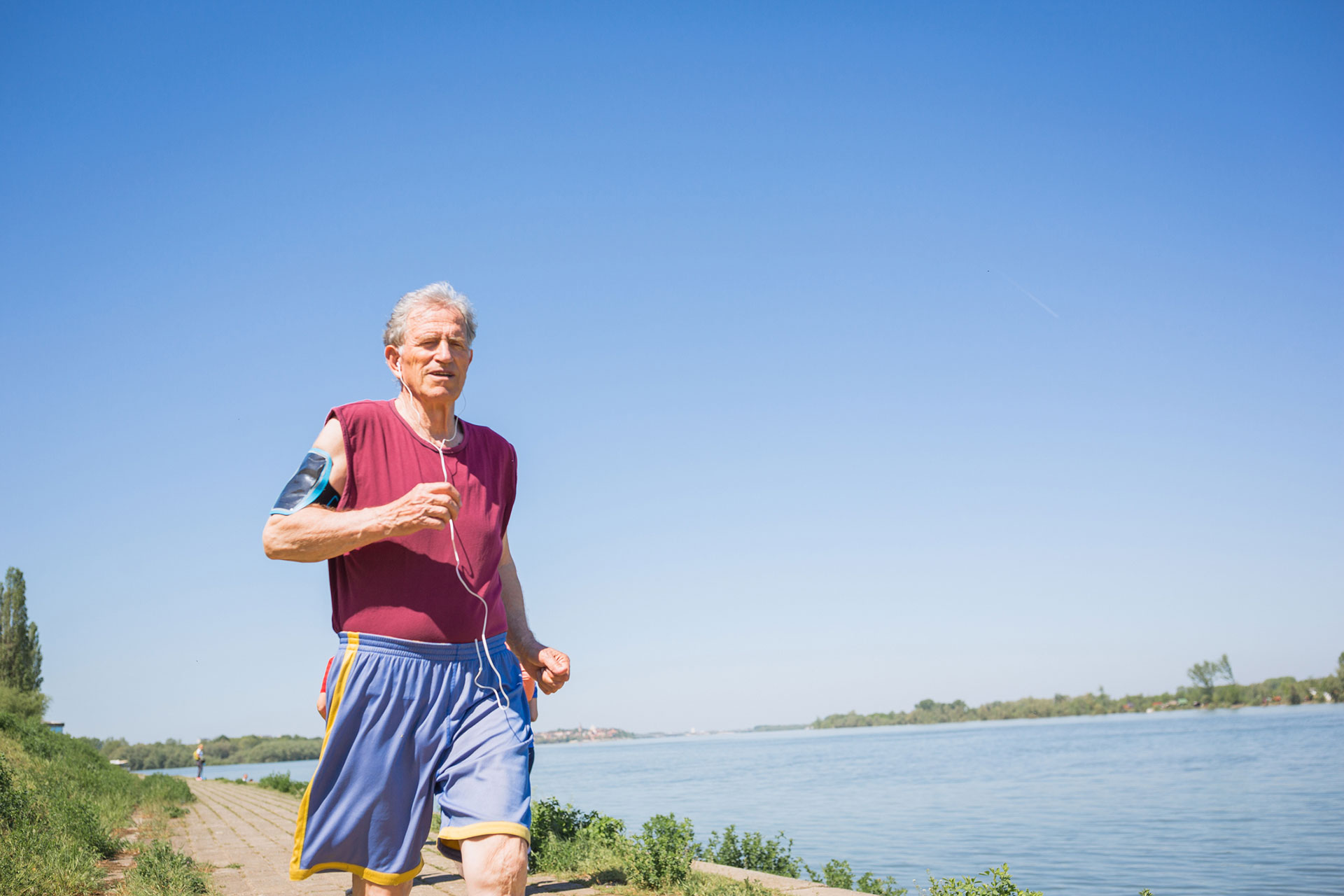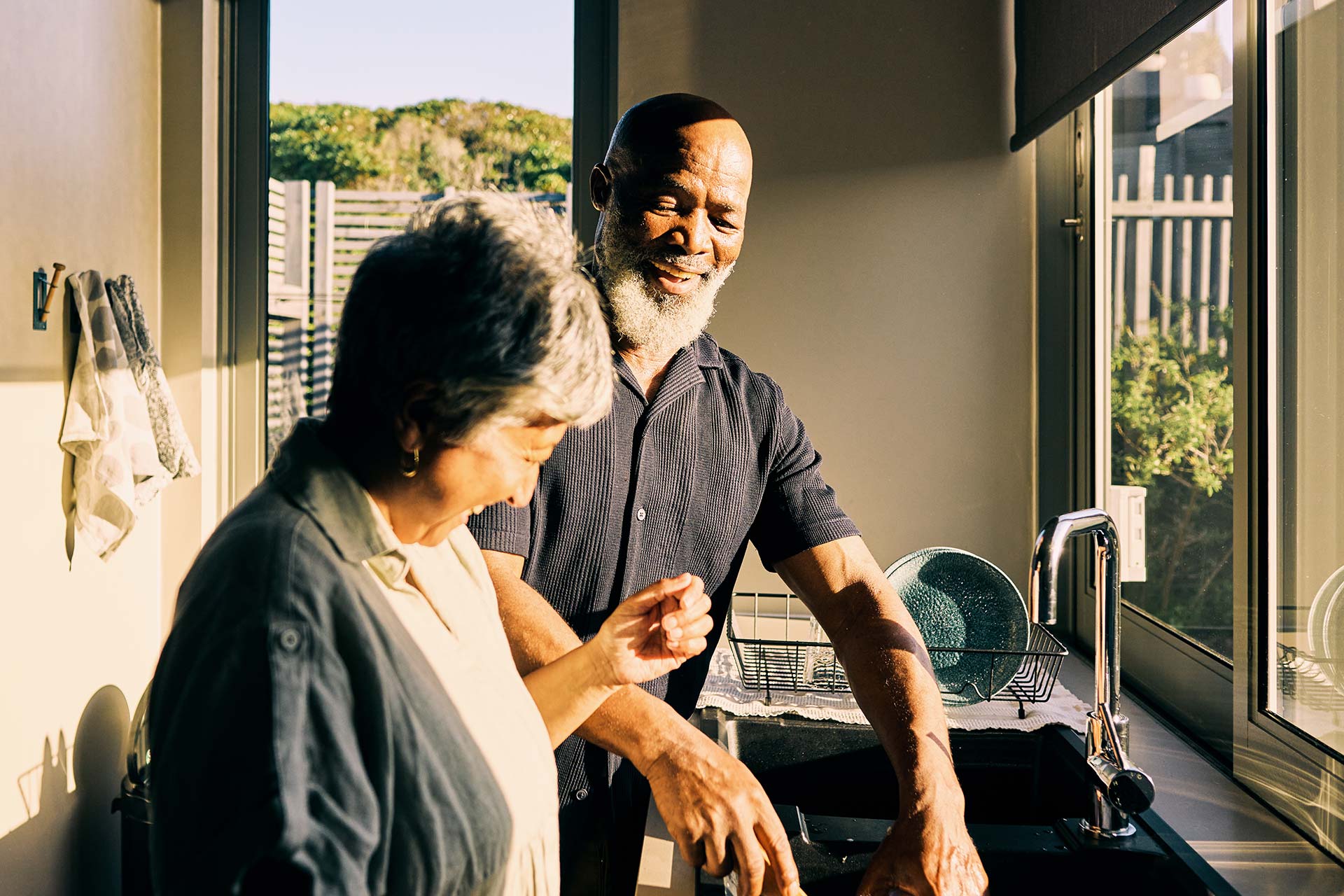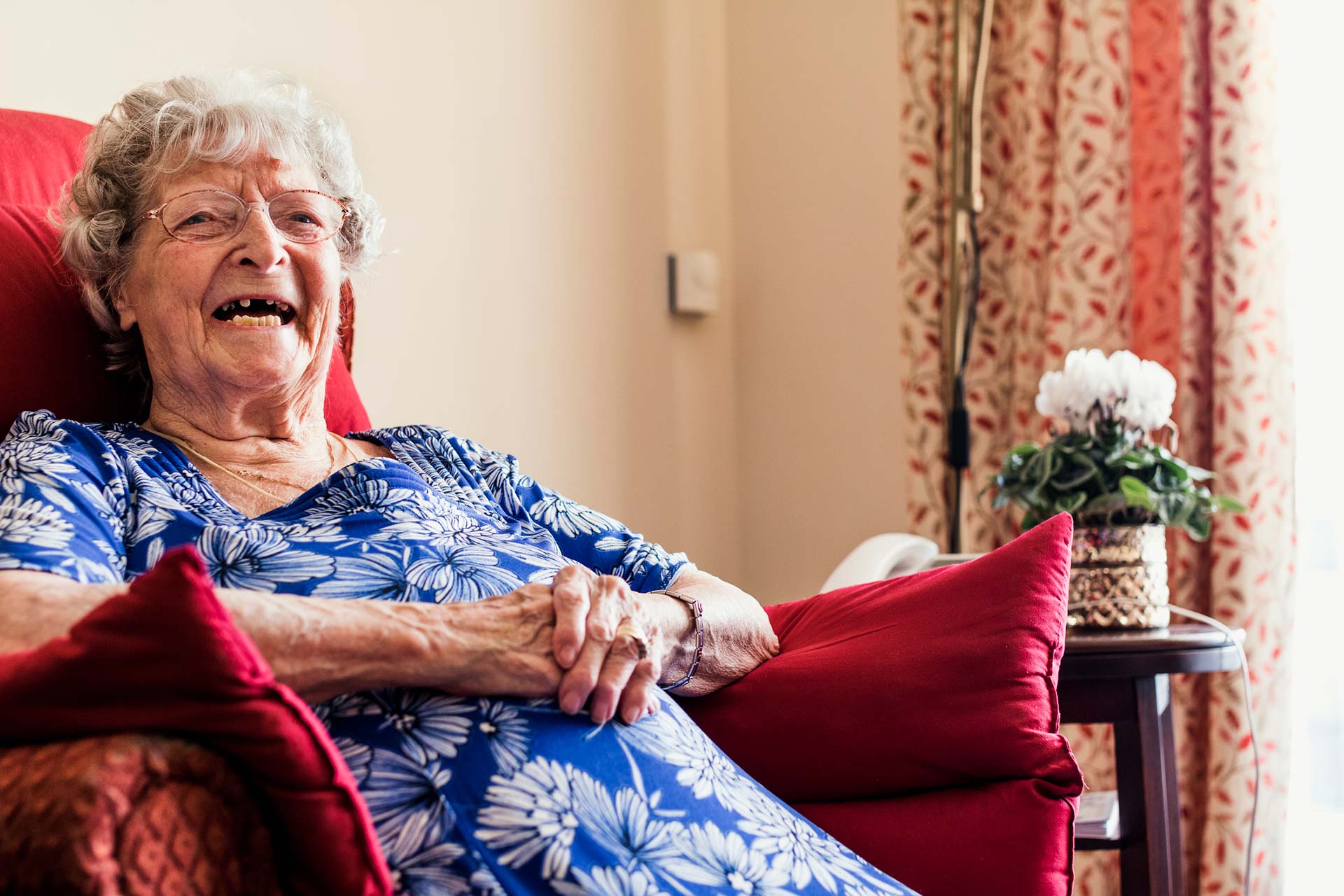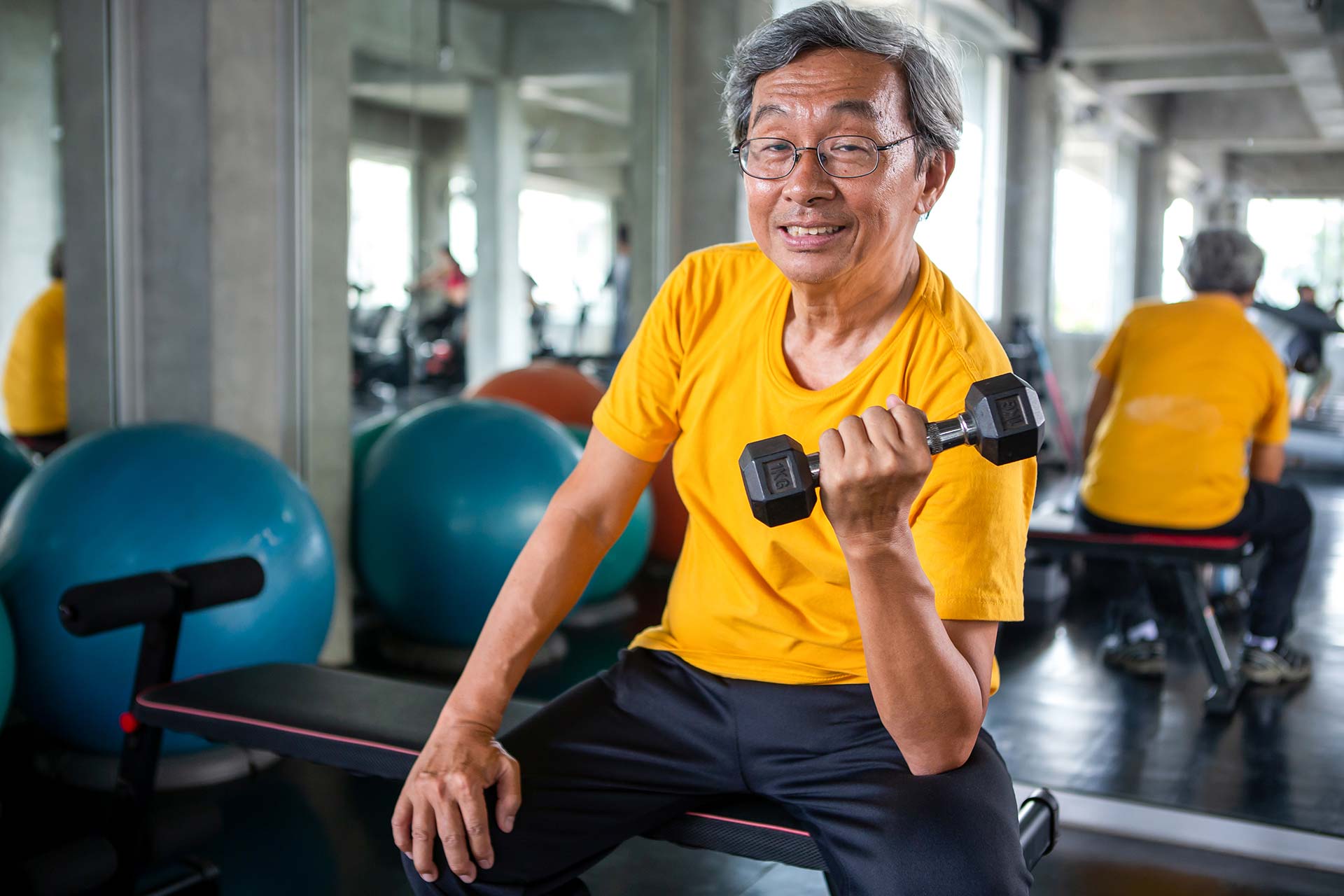Are being alone and feeling lonely the same thing?
No. Every person is different and can be happy with different amounts of social interaction. Some people may be comfortable with having lots of time in their own space, whereas others can be surrounded by people and start to feel lonely. The important difference is how you feel. It is important to recognise that lots of people feel lonely and that you are not alone. This is something we can change. If you are feeling lonely a lot, then there are things you can do to reach out and connect with others.
There can be a stigma around feeling lonely, but we need to change this. The World Health Organisation found that one in four older people feel lonely. The NHS reports that “more than a million older people say they go over a month without speaking to a friend, neighbour or family member.” If you are feeling lonely, it is important to know that you are not alone. This is something that so many people struggle with, and it is essential you are able to reach out to others for support. Many people may feel like this is a difficult thing to do or that they don’t want to bother other people or ask for help. But it is likely that a neighbour or a friend may be feeling the same way. If we all reach out and take small steps every day, we can make a huge improvement in not just our own lives but also the lives and happiness of others.
Becoming isolated from other people can happen for a variety of reasons, especially as we get older. We may have left work, live alone, or find it difficult to get out and about. It can be easy to feel lonely when things like this happen. But this can start to impact our health.
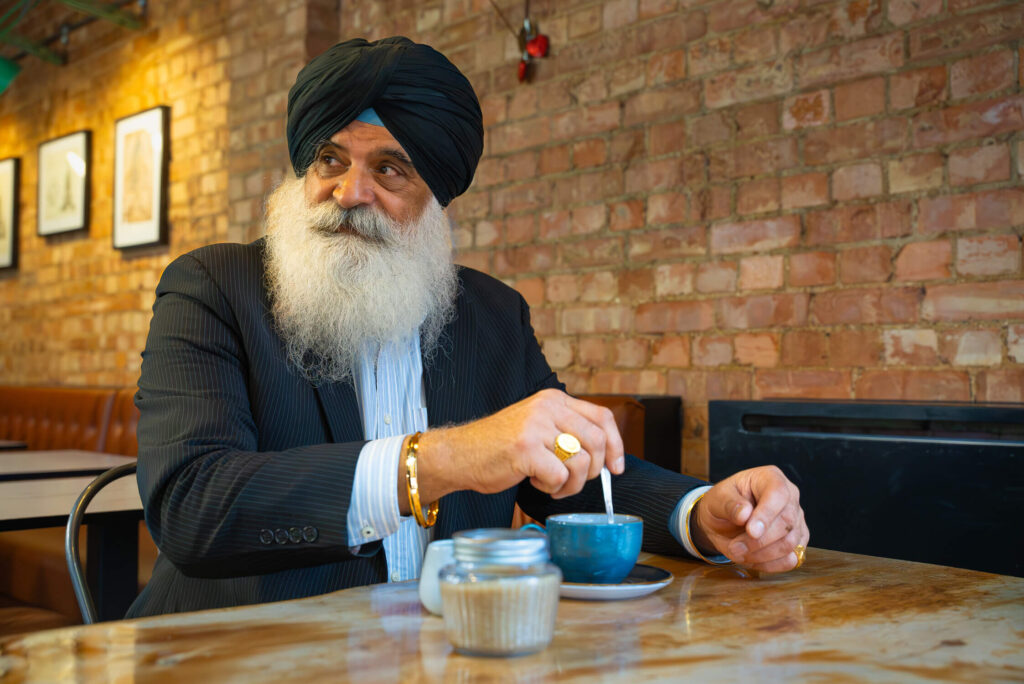
Why is loneliness bad for you?
Did you know the World Health Organisation has recognised that loneliness is a serious threat to our health? Research has shown that it can impact the way we age, our physical and mental health and our quality of life. Feeling lonely is something we need to take seriously. It has been shown to be as bad for your health as smoking, obesity and lack of exercise.
Studies have shown that loneliness can be as bad for your physical health as smoking 15 cigarettes a day! This is because feeling lonely frequently or for long periods of time can lead to increased risk of other things which can affect your health, such as heart disease, stroke, anxiety and depression. Reaching out when we feel this way can be hard. That’s why we’ve come up with some things for you to try.
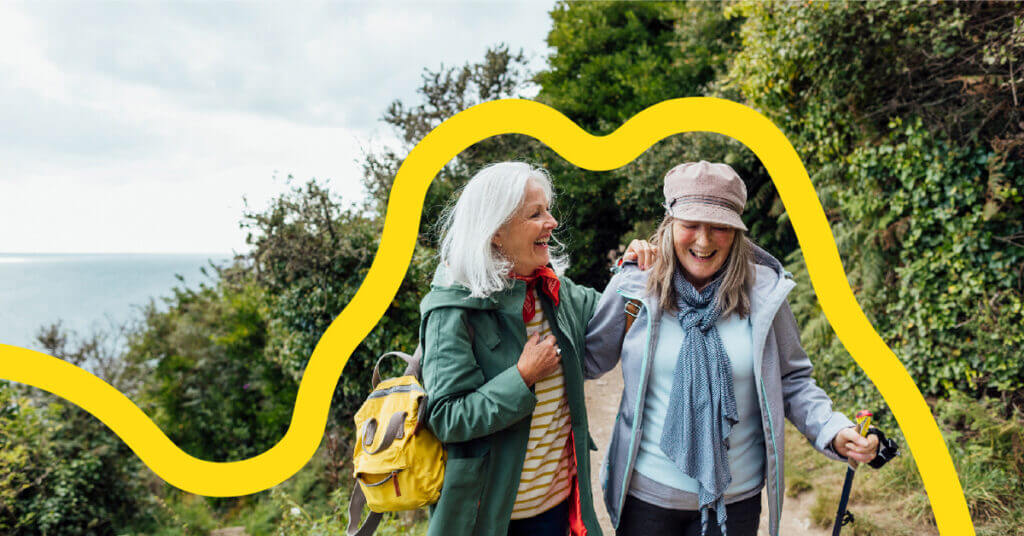
Ten things to try!
- When you go out, how about going out with a friend? Exercise can not only help your physical health but also your mental health. It can be something you love to do, like going for a walk in your favourite place or maybe a swim at your local pool. Try looking up and smiling at the people around you. Smiling can boost your mood and might just make someone else’s day. Getting out and about can also be more affordable as we get older. Depending on where you live, free bus passes and senior railcards are available to reduce costs. To find out what is available to you, you can look on your local authority's website.
- Take a class or workshop to learn a new skill. There are so many of these available, and it can be a fantastic way of meeting people who enjoy the same activities you do. You can find classes local to you through a quick internet search. If you feel a bit nervous about trying something new, ask a friend to go with you! Community activity groups might include walking groups, book clubs, bridge, bingo or quiz nights. Connecting with others through local faith groups is also a lovely way to meet new friends. The Silver Line helpline (0800 470 8090) can let you know what's going on in your local area.
- Volunteering can be a wonderful way to feel valued and appreciated when you are working as part of a team. Volunteers are always needed in a variety of activities. It could be something quieter like reading to children in your local library or primary school. Or something more active like helping to plant trees or keep your local green areas blossoming through gardening. Find out what volunteering you can take part in here: https://www.ncvo.org.uk/get-involved/volunteering/volunteering-opportunities
- Be open to conversations! Have the confidence to chat with the person next to you if you are waiting in line or sitting on a bus. If you are not sure what to say, try asking someone a question about themselves. This can take a bit of practice, but it will get easier every time you try!
- Invite someone over for tea. Sometimes, we don’t think of doing this because we feel that people might be too busy or assume they might not want to, when in fact, friends and family may love to come and spend some time with you.
- Re-engage (0800 716 543) is a fantastic organisation that runs free activity groups for people aged over 75. They are a great way for people to stay active and to make new friends. Click here to learn more about the activities they have available: https://www.reengage.org.uk/join-a-group. Or, if you fancy something less active, they also run tea parties for “regular afternoons of conversation and laughter with friends of all ages”. Another great thing about this charity is that they will pick you up and drop you off so there is no need to worry about transport.
- Call a friend. If you are more comfortable reaching out on the phone, this is a great way to spend time catching up with family and friends. Age UK also runs The Silver Line (https://www.thesilverline.org.uk/helping-you), a free telephone service for people aged 55 and older. You can call them on 0800 470 8090 any time of day and reach someone to talk to about anything you would like.
- Technology! Learning to use a smartphone, tablet, or laptop can be an accessible way to connect with family and friends. Using technology could give you ways to email family, see their photos online, have free video calls and even allow you to find old friends through social media sites such as Facebook. Ask a family member if they could show you how to use the technology you’d like to use. Libraries and community centres often have training available for older people to learn computer skills.
- Join the University of the Third Age! This is a UK-wide collection of thousands of charities which provide opportunities for those who are no longer in work to come together and learn something new for fun. They offer both local and online activities for different ways of joining in and connecting with people all over the UK. Click here for more information: https://www.u3a.org.uk.
- Download The LifeCurve™ app to take our assessment “Feel less lonely” and discover the local support available to you.
If you would like more information, Independent Age has put together a useful guide on what to do if you are feeling lonely and how to stay connected to others as we become older. You can download the guide here: https://www.independentage.org/sites/default/files/2016-11/Advice-Guide-If-youre-feeling-lonely.pdf.
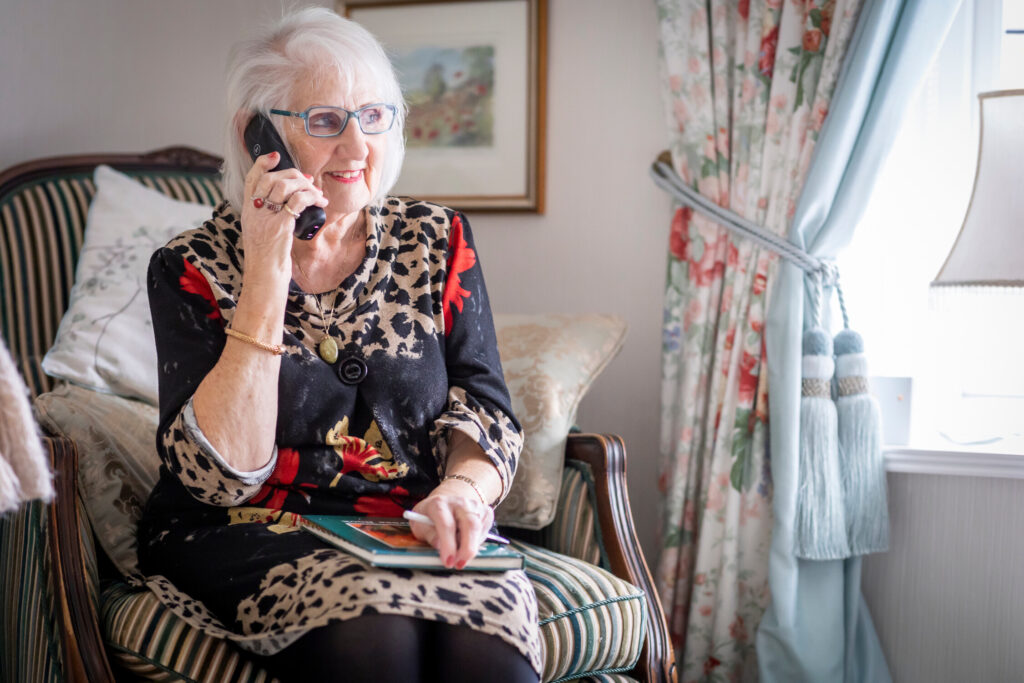
Conclusion
It is really important to have regular contact with people we value and have good quality interactions with. Feeling disconnected from others or being socially isolated can sometimes cause a faster decline in our ageing process. It can cause increased stress and reduce the amount of sleep you are getting which puts more pressure on your body. Good social connections are essential to our wellbeing. If you are feeling lonely, give our list of things to try a go. Getting out and about is really important as we get older. Plan to do things with your week that you will look forward to. Visit the cinema, a coffee shop, pop into a church service or go to the library. This is your life. Let’s fill it with things you enjoy!


